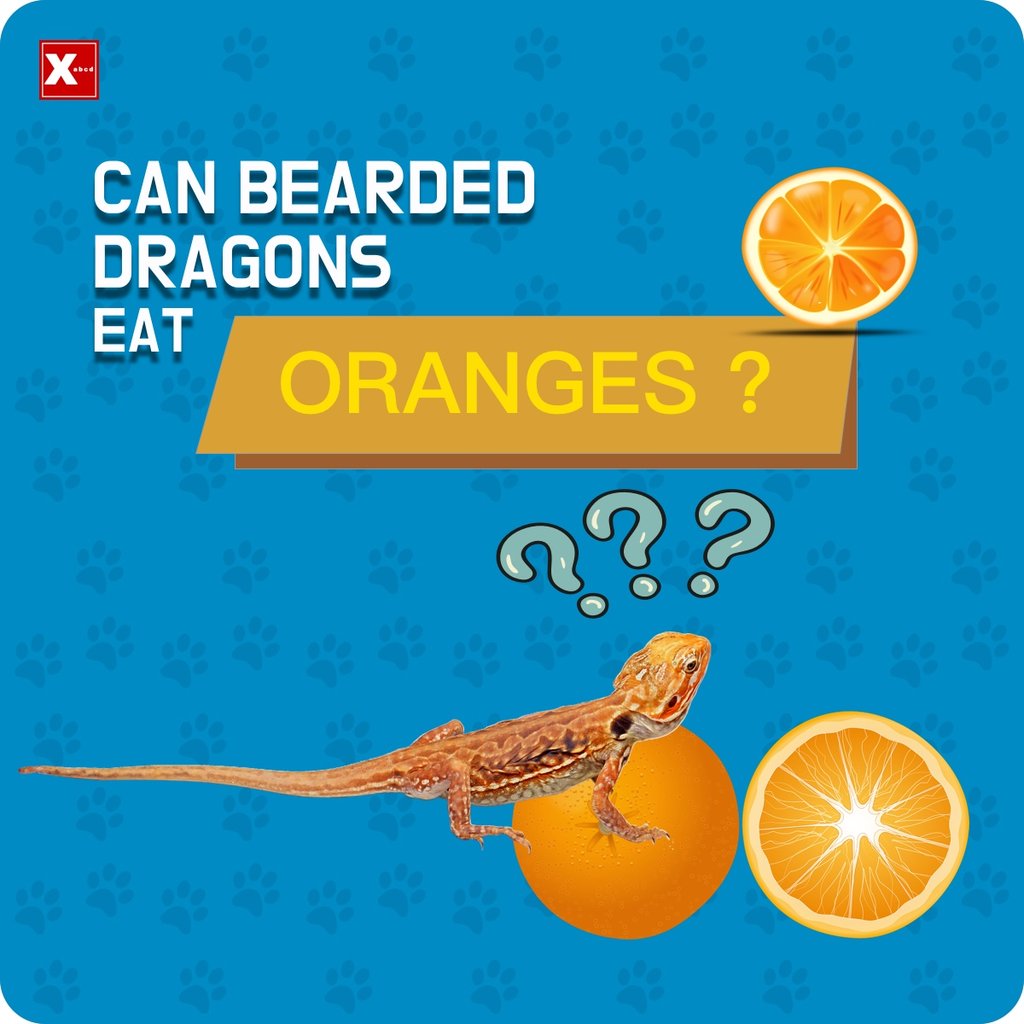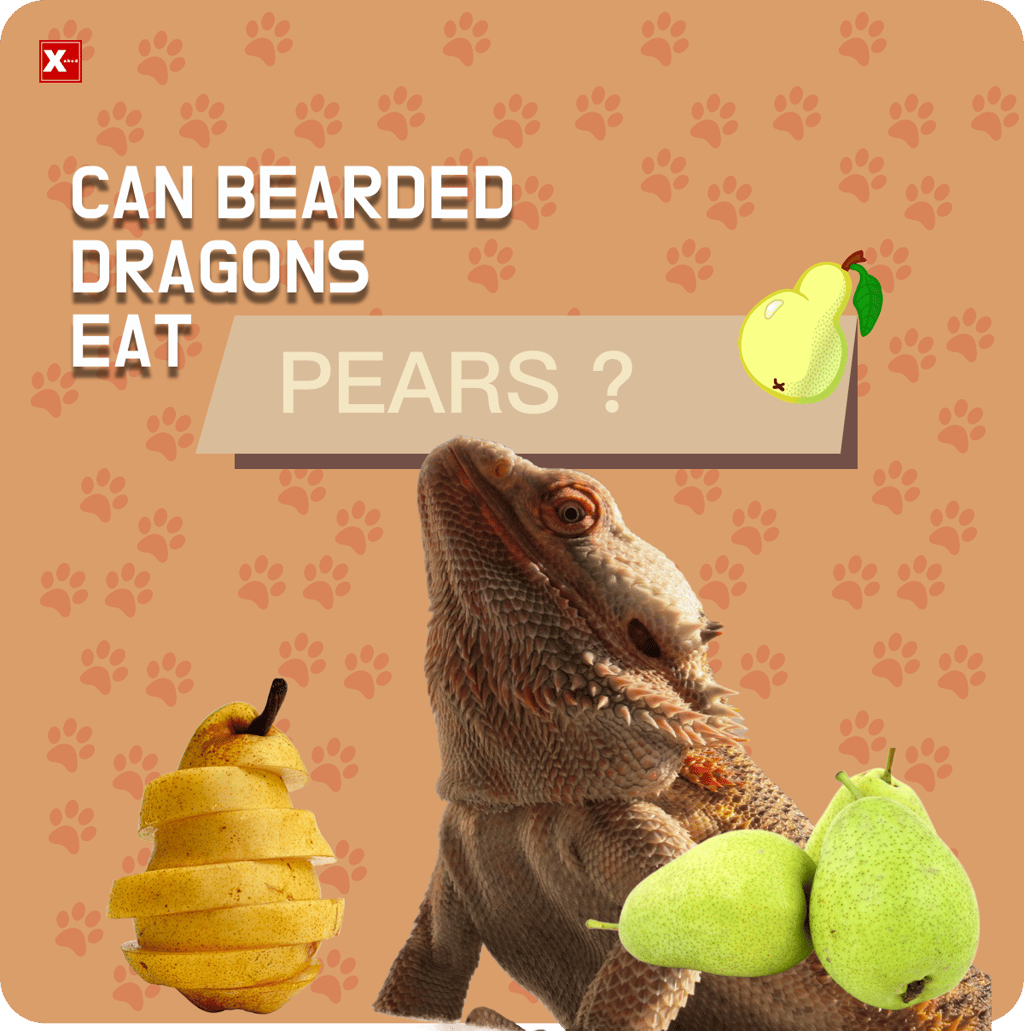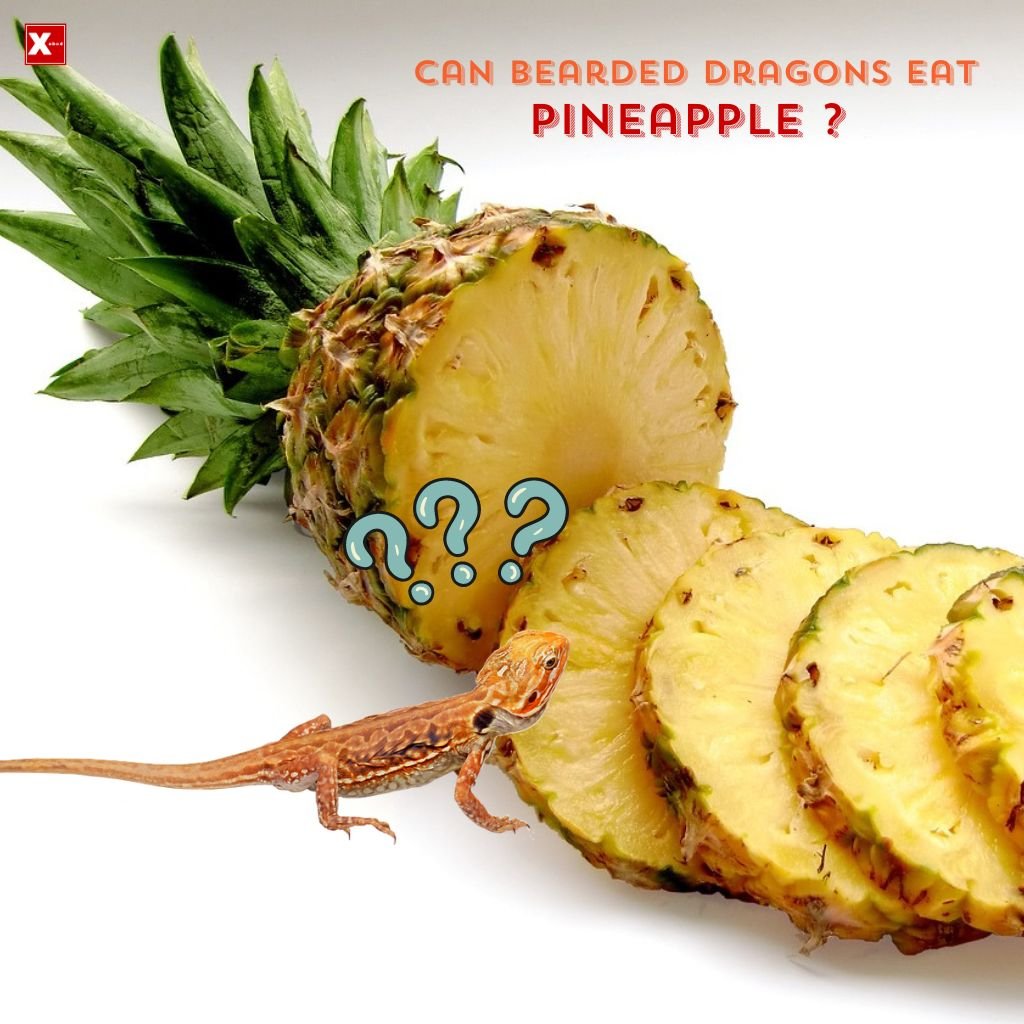Bearded dragons, beloved as pets, require a well-balanced diet for their health. But can they indulge in oranges? The answer is yes, but with caution. This article explores the nutritional needs of bearded dragons, delving into the benefits and risks of feeding them oranges. By understanding the facts, you can make informed decisions about your bearded dragon's diet to ensure their optimal well-being.
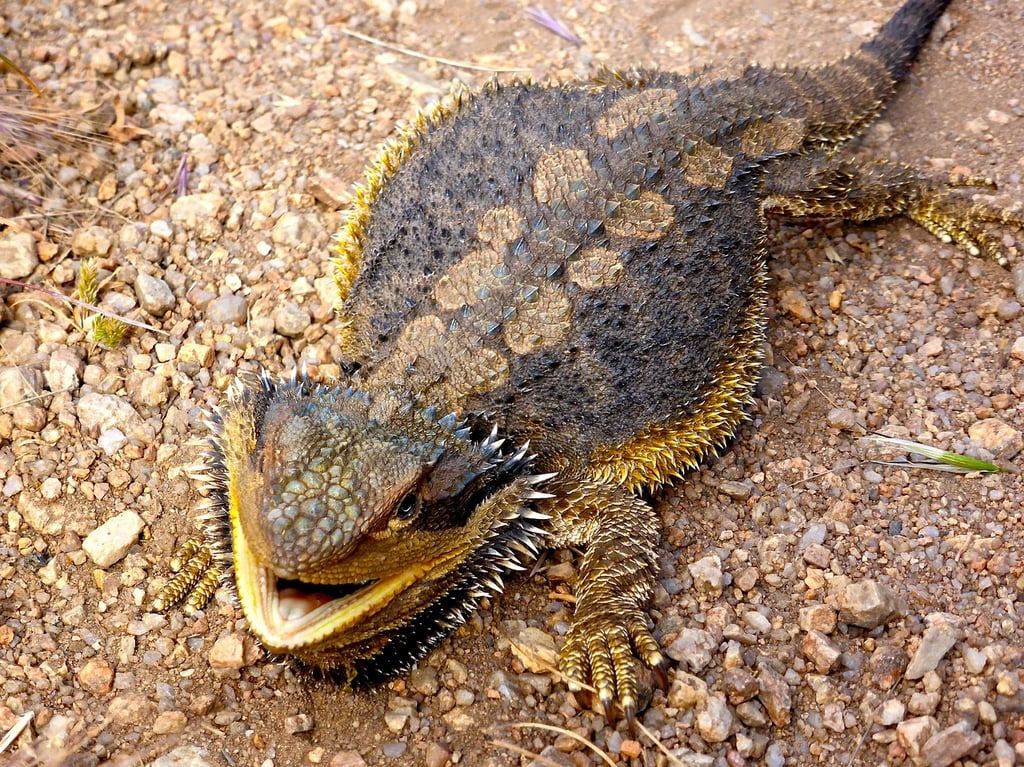
Introduction: Understanding Bearded Dragons' Diet
Bearded dragons, scientifically known as Pogona, are fascinating reptiles that have become increasingly popular as pets. These docile creatures are native to the arid regions of Australia and have captured the hearts of reptile enthusiasts worldwide with their unique appearances and charismatic personalities. As responsible owners, it is crucial for us to understand the dietary requirements of our bearded dragons in order to provide them with a healthy and balanced diet.
Bearded dragons are omnivores, meaning they consume both plant matter and animal protein. In the wild, their diet mainly consists of insects, small reptiles, and vegetation, such as leaves, flowers, and fruits. It is this diversity in their natural diet that we must replicate in captivity to ensure their overall well-being and longevity.
While bearded dragons require a range of nutrients, including vitamins, minerals, carbohydrates, and proteins, it is essential to strike the right balance. Feeding them a diet that is too high in certain nutrients can lead to health problems, just as providing too little of a certain nutrient can also be detrimental.
- Protein: Bearded dragons require a significant amount of protein to support their growth and overall body functioning. This is why insects, such as crickets, mealworms, and dubia roaches, are a staple in their diet. These insects serve as sources of protein and essential amino acids.
- Plant Matter: Vegetables and greens are crucial components of a bearded dragon's diet. Dark leafy greens like kale, collard greens, and dandelion leaves provide necessary vitamins and minerals while also adding fiber to aid digestion.
- Fruits: Fruits, although not a primary part of their diet, can offer additional nutrients and variety. However, it is important to be cautious while introducing fruits into their diet, as some may not be safe or suitable for bearded dragons.
Now that we have established the importance of understanding the bearded dragon's diet, let's delve deeper into the specific question at hand: Can bearded dragons eat oranges?
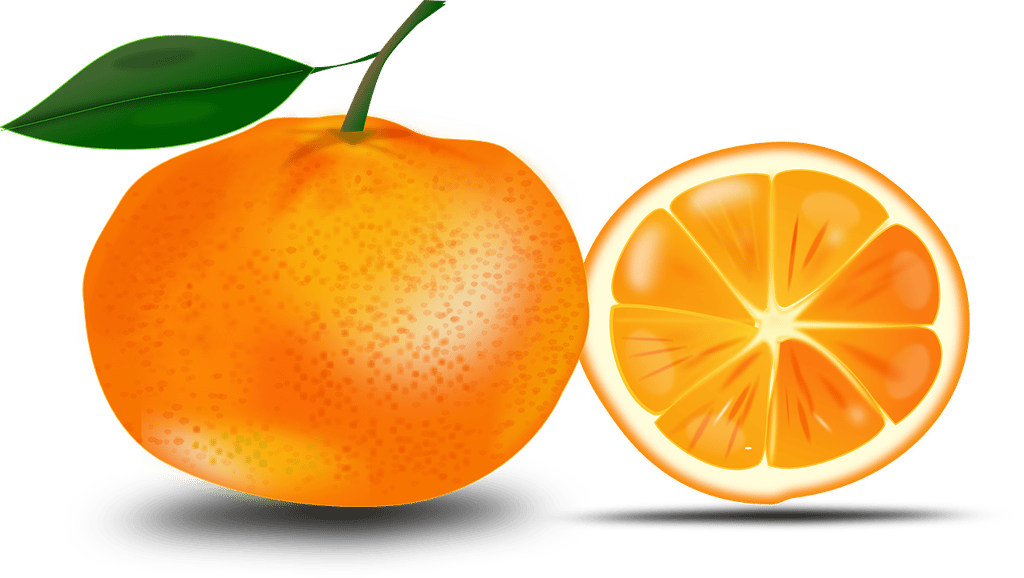
The Nutritional Value of Oranges
Oranges are not only delicious but also packed with essential nutrients that are beneficial for humans. However, when it comes to feeding bearded dragons, it's essential to consider their unique dietary requirements. Let's take a closer look at the nutritional value of oranges and how they can impact the health of these reptiles.
Oranges are renowned for their high vitamin C content, which is vital for our immune system and overall health. Interestingly, bearded dragons, like humans, also require vitamin C in their diet. This vitamin is crucial for supporting their immune system, promoting wound healing, and aiding in the absorption of iron from their food.
In addition to vitamin C, oranges are rich in other essential nutrients, including vitamin A, calcium, and dietary fiber. Vitamin A is crucial for maintaining healthy vision, skin, and growth in bearded dragons. Calcium is vital for maintaining strong bones and preventing metabolic bone disease, a common ailment in reptiles. Lastly, dietary fiber aids in digestion and prevents constipation, which can be a concern for bearded dragons.
However, it's important to note that while oranges offer some nutritional benefits to bearded dragons, they should not be the sole source of these nutrients. A varied and balanced diet is essential to meet the complex nutritional needs of these reptiles.
- Oranges can be offered occasionally and in small quantities as a supplementary treat.
- Bearded dragons should not solely rely on oranges as their primary source of vitamins and minerals.
- The high sugar content of oranges can be a concern if consumed in excess, leading to obesity and dental issues in bearded dragons.
- Before introducing oranges into their diet, it's crucial to consult with a reptile veterinarian to ensure it won't adversely affect their health.
While bearded dragons may enjoy the taste of oranges, it's important to moderate their intake and include a wide variety of other fruits and vegetables to provide a balanced diet. It's recommended to offer different types of insects, leafy greens, and other suitable fruits alongside oranges to ensure that they receive all the essential nutrients they need for optimal health.
Now that we've explored the nutritional value of oranges and their potential impact on bearded dragons' health, it's important to weigh the pros and cons of feeding oranges to these reptiles. Let's delve further into the benefits and drawbacks in the following sections.
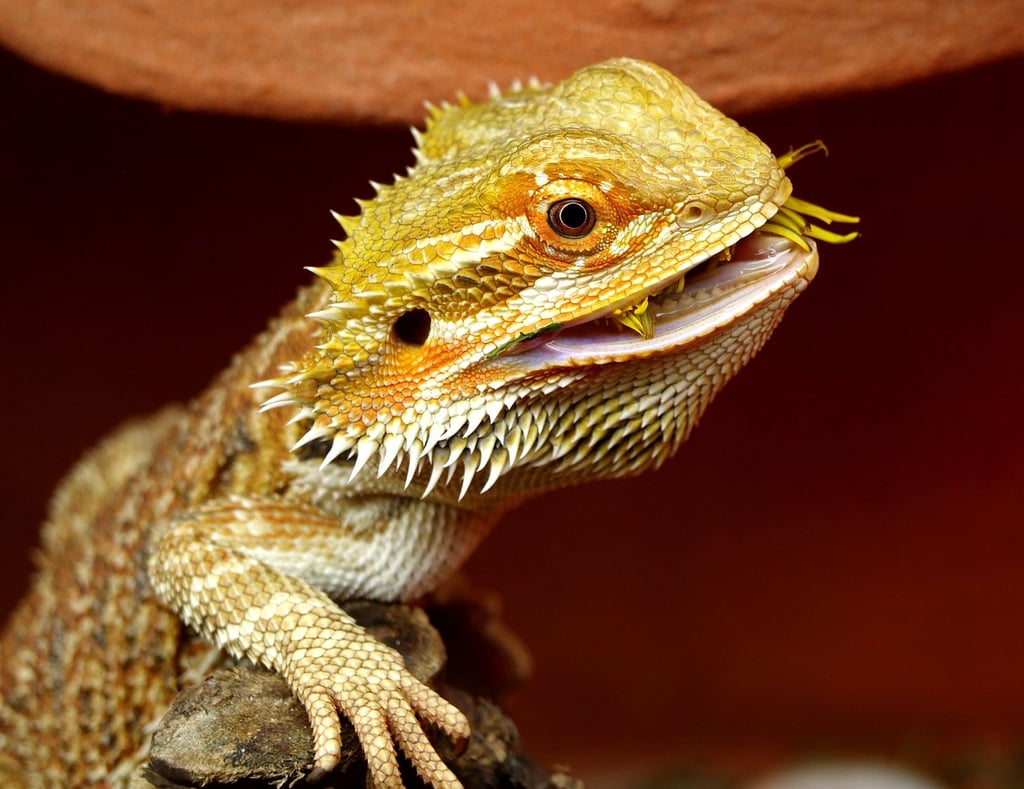
The Pros of Feeding Oranges to Bearded Dragons
While it is generally recommended to feed bearded dragons a diet primarily consisting of insects and vegetables, there are some potential benefits to including oranges in their diet.
1. Vitamin C Boost:
- Oranges are well-known for their high vitamin C content, and bearded dragons, like humans, require this essential vitamin to maintain their overall health and immune function.
- Vitamin C plays a crucial role in collagen synthesis, which is important for the growth and repair of tissues and helps in wound healing.
2. Hydration:
- Oranges have a high water content, which can contribute to the hydration of bearded dragons, especially during hot or dry periods.
- Ensuring that your pet reptile remains properly hydrated is vital for its overall well-being and can help prevent dehydration-related health issues.
3. Calcium Absorption:
- Oranges contain a moderate amount of calcium, which is an essential mineral for bearded dragons.
- Calcium is necessary for maintaining healthy bones and preventing metabolic bone diseases, such as MBD (Metabolic Bone Disease).
- When fed in moderation, oranges can contribute to the overall calcium intake, supporting proper bone development and maintenance.
4. Variety in Diet:
- Providing a varied diet is important for the overall well-being of bearded dragons.
- Introducing oranges as an occasional treat can add diversity to their diet and prevent boredom.
- Remember to offer oranges in small, appropriate portions to avoid overfeeding or causing digestive issues.
Despite the potential benefits, it is crucial to exercise caution when feeding oranges to bearded dragons.
Next, we will explore the potential cons and risks associated with including oranges in their diet.
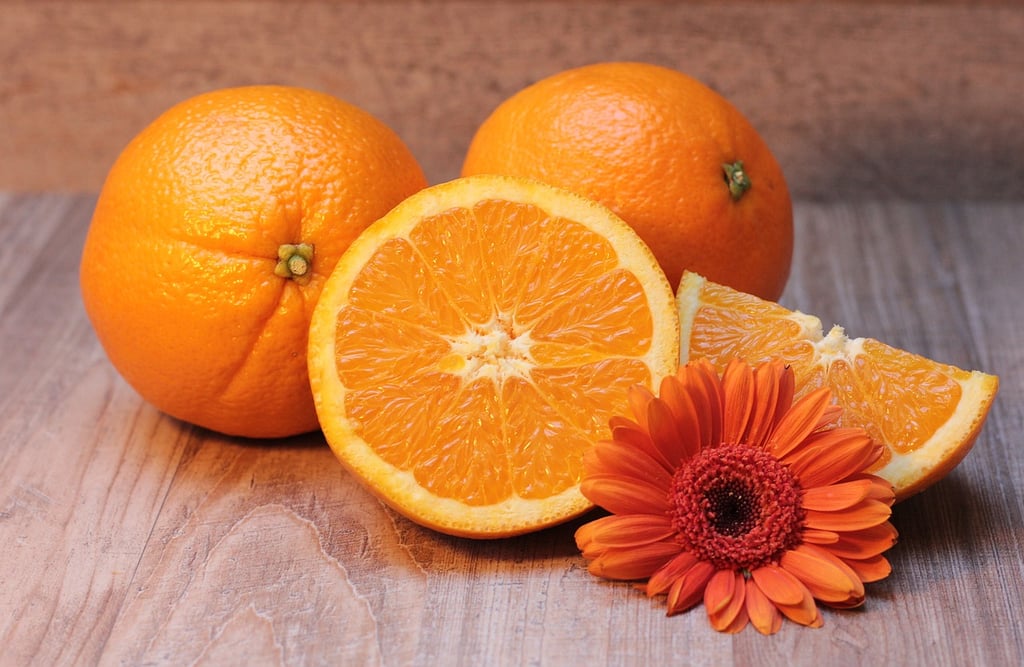
The Cons of Feeding Oranges to Bearded Dragons
While oranges may seem like a delicious and nutritious fruit for humans, they may not be the best choice when it comes to feeding bearded dragons. Despite their vibrant color and refreshing taste, oranges can have some cons when it comes to serving them to these reptiles.
- High Citric Acid Content: Oranges are known for their high citric acid content, which can be problematic for bearded dragons. The acidic nature of oranges can lead to digestive issues and stomach upset in these reptiles. Their sensitive digestive systems may struggle to process the high levels of citric acid, causing discomfort and potential health problems.
- Excessive Sugar Content: Oranges are also relatively high in sugar, which is not ideal for a bearded dragon's diet. An excessive intake of sugar can lead to weight gain, obesity, and other health issues such as metabolic disorders. Bearded dragons thrive on low-sugar diets, and oranges may disrupt the delicate balance they require for optimal health.
- Potential Allergies or Sensitivities: Some bearded dragons may have allergies or sensitivities to certain fruits, including oranges. These allergies can manifest in various ways, such as skin rashes, digestive problems, or respiratory issues. It is crucial to observe your bearded dragon's reaction after consuming oranges and consult with a veterinarian if any adverse symptoms occur.
Considering these cons, it is recommended to exercise caution when offering oranges to your bearded dragon. While occasional small amounts may not pose significant harm, regular or excessive consumption should be avoided to prevent any potential health issues. It is essential to prioritize a balanced diet and choose fruits that are more suitable for the specific dietary needs of these reptiles.
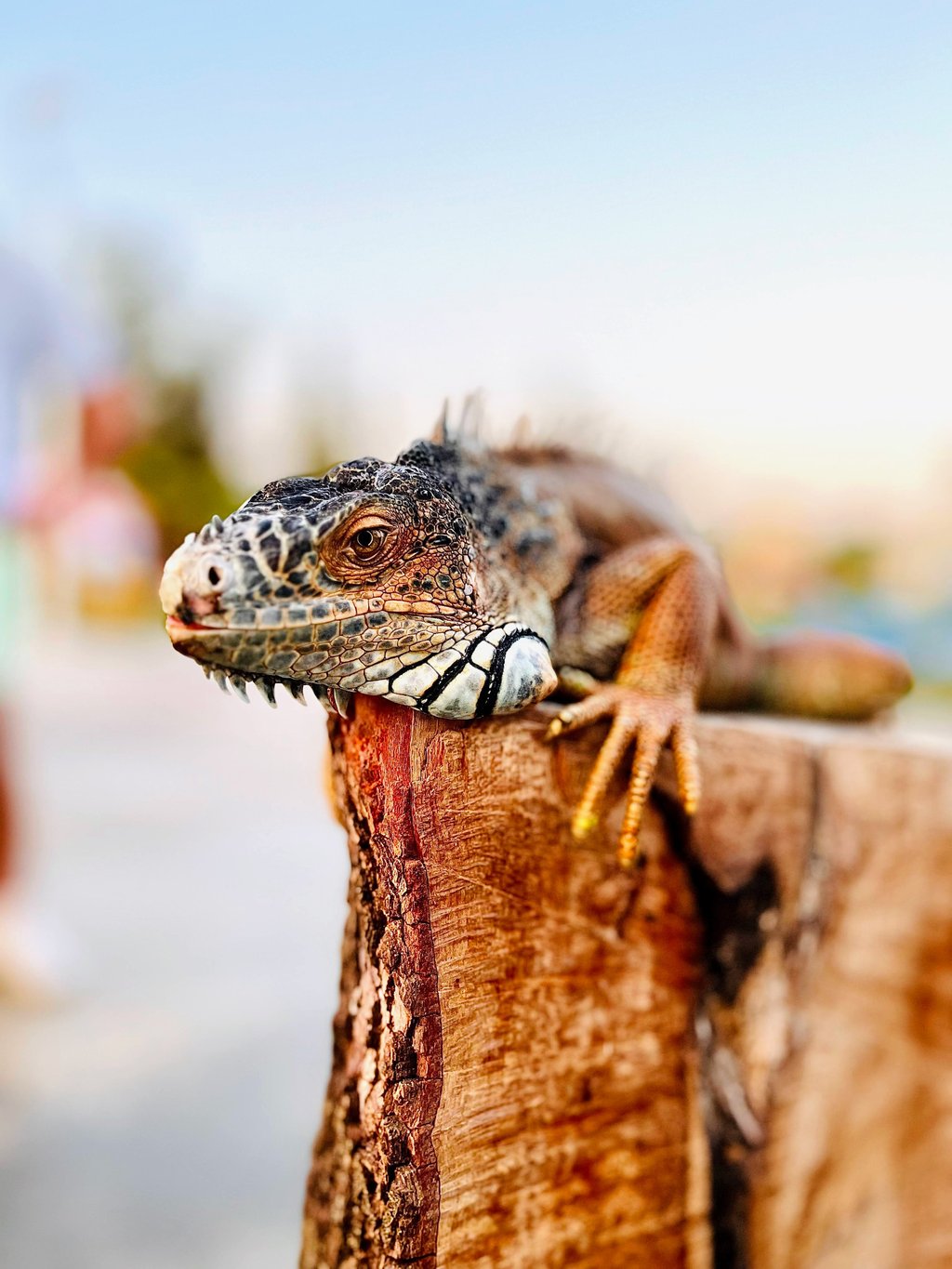
Alternative Fruits for Bearded Dragons
When it comes to feeding your bearded dragon, it's important to provide a variety of fruits to ensure a balanced diet. While oranges may not be suitable for these reptiles, there are several alternative fruits that can be incorporated into their meals. Let's explore some of the top choices for bearded dragons:
- 1. Apples: Apples are a popular choice among bearded dragon owners. They are rich in vitamins and minerals, including vitamin C, and provide a refreshing crunch that these reptiles enjoy. Remember to remove the seeds and core before offering them to your dragon.
- 2. Blueberries: Blueberries are small and packed with antioxidants, making them a nutritious choice for your bearded dragon. These bite-sized fruits can be fed as a treat or mixed in with other fruits to add a burst of flavor.
- 3. Strawberries: Strawberries are another fruit that bearded dragons can safely consume. They are high in vitamin C and provide a delicious sweetness. Be sure to thoroughly wash and remove the green tops before offering them to your dragon.
- 4. Mango: Mango is a tropical fruit that is not only tasty but also nutritious for bearded dragons. It is rich in vitamins A and C, which can contribute to their overall health. However, mango should be fed in moderation due to its high sugar content.
- 5. Papaya: Papaya is a tropical fruit that is gentle on your bearded dragon's digestive system. It contains enzymes that aid in digestion and is a good source of vitamins and minerals. Offer small, bite-sized pieces of ripe papaya to your dragon.
- 6. Watermelon: Watermelon can be a refreshing treat for your bearded dragon, especially during hot summer months. It is hydrating and low in calories, making it a suitable choice for occasional consumption. Remove the seeds and rind before serving.
Remember, while these alternative fruits are generally safe for bearded dragons, it's important to feed them in moderation and alongside a variety of other foods. Bearded dragons require a balance of protein, greens, and fruits in their diet to thrive. Consult with a reptile veterinarian or experienced keeper for specific dietary recommendations tailored to your bearded dragon's needs.
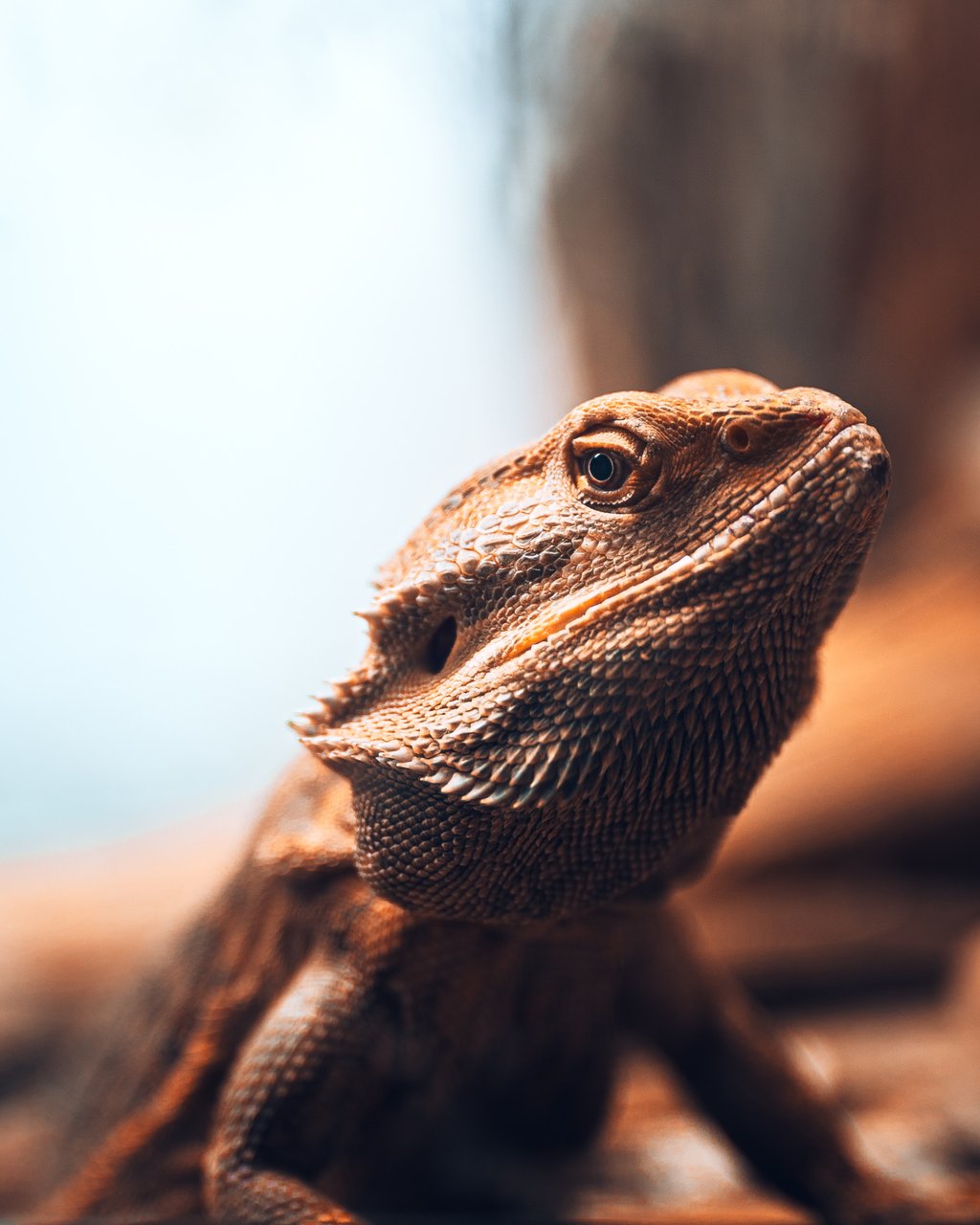
The Importance of a Balanced Diet
One crucial aspect of caring for a bearded dragon is ensuring they have a balanced diet. Just like humans, these reptiles need a variety of nutrients to thrive and maintain optimal health. While it's tempting to offer them treats like oranges, it's essential to understand the importance of a balanced diet for their overall well-being.
A balanced diet for a bearded dragon consists of a combination of protein, vegetables, and fruits, with the right ratios depending on their life stage. The majority of their diet should consist of insects, such as crickets, mealworms, and roaches, which provide them with the necessary protein. These should be dusted with calcium and vitamin D supplements to support their bone health.
In addition to insects, bearded dragons can benefit from a variety of vegetables in their diet. Leafy greens like kale, collard greens, and mustard greens are excellent sources of essential vitamins and minerals. These vegetables should be provided in moderation, as some greens, like spinach, may contain an excessive amount of calcium-binding agents.
When it comes to fruits, bearded dragons can enjoy them as occasional treats. These sweet and juicy treats can be a great source of vitamins and hydration for your reptile. However, it's important to remember that fruits should only make up a small portion of their overall diet.
- Offering a small amount of orange to your bearded dragon can provide them with vitamin C, which is essential for their immune system and overall health.
- Oranges also contain a good amount of hydration, which is crucial for preventing dehydration, especially during warmer months.
- Introduce oranges gradually and observe how your bearded dragon reacts to them. Some reptiles may have sensitivities or develop digestive issues if given oranges in excess.
However, it's important to note that oranges should not replace the primary sources of nutrition in a bearded dragon's diet. They should always be offered alongside their regular staple of insects and vegetables. Overfeeding fruits, including oranges, can lead to nutritional imbalances and potentially harm your reptile's health.
To ensure a balanced diet, consider providing a wide range of fruits as occasional treats. Other fruits that are safe for bearded dragons include berries, papaya, and melons. Remember to remove any seeds or pits and offer them in small, bite-sized pieces to prevent choking hazards.
In conclusion, maintaining a balanced diet is crucial for the overall health and well-being of your bearded dragon. While oranges can be a tasty and nutritious addition to their diet, they should only be offered in moderation and alongside a variety of protein-rich insects and vegetables. By providing a diverse and balanced diet, you can ensure that your bearded dragon thrives and enjoys a long, healthy life.
Faqs
-
Are oranges a good source of nutrition for bearded dragons?
Oranges can provide some nutritional benefits for bearded dragons, as they contain vitamin C and hydration properties. However, they should only be offered as an occasional treat rather than a staple part of their diet.
-
What are the potential risks of feeding oranges to bearded dragons?
Feeding oranges to bearded dragons in excess can lead to digestive issues such as diarrhea, as the high sugar content may be difficult for their sensitive digestive systems to handle. It is important to monitor their intake and offer oranges in moderation.
-
What other fruits can I feed my bearded dragon besides oranges?
There are several fruits that can be safely fed to bearded dragons, including strawberries, blueberries, and raspberries. These fruits provide a range of beneficial nutrients and can be a healthier alternative to oranges if you are looking to diversify your bearded dragon's diet.

